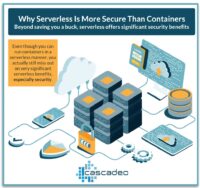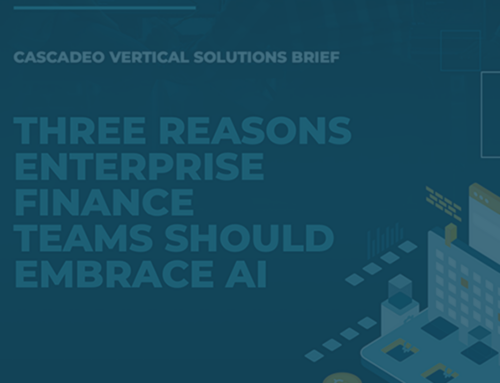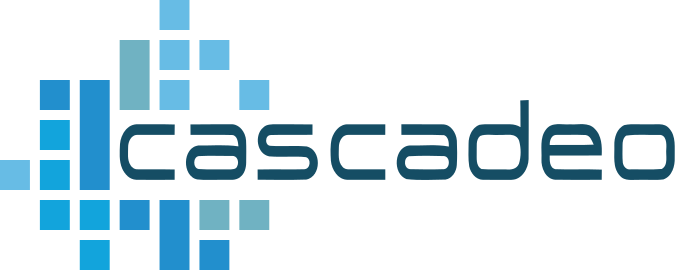
Catch up on March’s blog posts, featuring digital immunity, composability, the future of data, applied observability, low code and no code, and digital ecosystems.
Public Cloud News and Knowledge from March 2023
We’re exploring emerging tech and big ideas on the Cascadeo blog. Read on for a roundup of topics you may have missed.
Why Serverless is Inherently More Secure than Containers: a Post from JV Roig

Although a serverless setup and a container setup will both provide a lot of beneficial abstractions compared to traditional VM-based workload setups, a container-based workload abstracts far less (i.e, through an orchestration tool, be it something like Kubernetes, Docker Swarm, or cloud-native ones like ECS and EKS in AWS). And the less is abstracted, the more work you still have to do yourself.
For example, in a typical container workload, you are pretty much still responsible for a lot of maintenance and patching — not just of your actual source code, but of the OS itself (i.e., the container image which has a base OS and necessary utilities and components, aside from just your code). Oh, yeah, you have to manage container images now, so you maintain not just a repository of code (like your GitHub repos), but also an image repository.
Yikes. In the real serverless world, you maintain the Git repo of your code, and that’s it. Image patching? Maintaining an image repository? Not your problem…
Save Money and Time with a Strategic Vendor Consolidation
IT offerings have exploded in the current era, giving enterprises nearly endless options in apps and functions. Unfortunately, so have the time and cost devoted to vendor management. Where once there may have been a tight-knit collection of usefully arranged vendors, many companies are now facing a massive suburban-style sprawl requiring the work equivalent of driving for miles to negotiate, service invoices, and manage deployment and delivery of hundreds, even thousands of individual IT vendors. What once seemed like a useful curation of apps and functions eventually becomes an unmanageable, resource-consuming waste. Click here to read more.
Tackling Tech Debt with Managed and Professional Services
You rushed through a development job. Or failed to thoroughly test and document. Or put on a bandage where a replacement was in order. Maybe your system lacks full composability, so a new function rendered others incompatible. Maybe you only had the staff or skills to do part of the job, or you didn’t realize the job was only half done. Now, you have acquired tech debt.
Tech debt—or technical debt, or code debt—is what you owe when, for any number of reasons, you defer the completion of a development job to a later date. You “owe” your system a new app, function, or subroutine, a revision of a rapidly released app, or other work to fulfill the needs created by an earlier, completed job. In the short term, and in cases where it’s part of a well-planned strategy to get a release out quickly, tech debt doesn’t necessarily constitute a problem… Click here to read more.






